Curious, did you read Rumie Learn’s Privacy Policy before you launched this Byte?
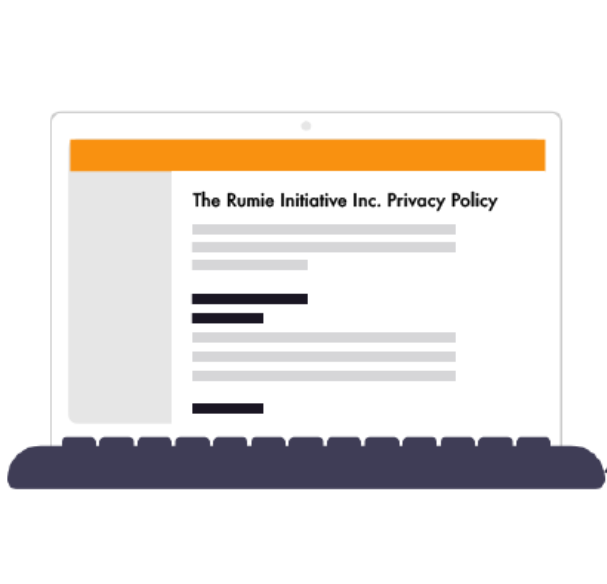
If you did, that’s great to hear! You’re part of a small group of people who do.
If you didn’t, you’re not alone. Very few people actually read a Privacy Policy before they agree to it.
Read more to find out why you should read the Privacy Policy.
What Is A Privacy Policy?
A Privacy Policy is a legal document that explains how a customer’s or visitor’s personal information will be collected, stored, and used by the company and any third parties or affiliates.
It's required by any organization, website, or app that collects personal information...
From someone located in a country or region that has data privacy laws
and/or
Operates in a country or region that has data privacy laws
What do they mean by "personal information"?
Any recorded information that identifies an individual.
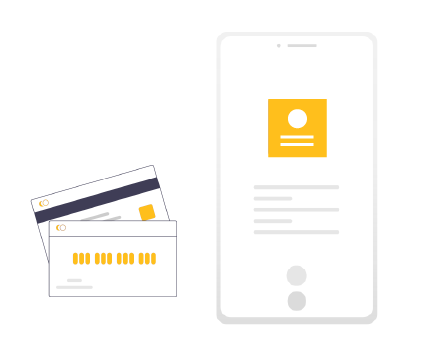
Personal information can include, but is not limited to, things like:
your name, address, contact information, credit card information, marital status, age, ethnic origin, color, religion
your education, financial, medical, or employment history,
your IP address, device details,
the contents your phone book and the contents of the messages you send.
It’s a lot and they’re coming for more! Why? It’s simple. More data = more money!
How are Privacy Policies used?
Organizations use Privacy Policies to comply with regulatory requirements and limit their liability.
You can use them to help you make choices about the personal information you share and the companies you trust to interact with.
Sometimes you’ll be prompted to click a button to accept the terms of the Privacy Policy, but in many cases you accept the terms simply by using the company’s services, e.g., interacting with their website or app.
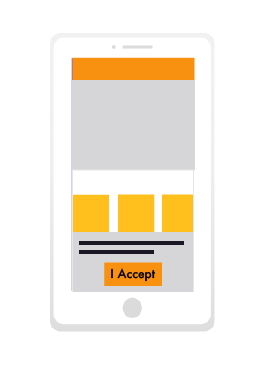
Quiz
A Privacy Policy is required by any organization/website/app...
Why Should I Read - Or Scan - A Privacy Policy?
You should read Privacy Policies to:
Protect yourself.
Help you determine if the company is one you want to engage with.
Learn about the options available for you to control the collection and use of your personal information.
Some additional reasons:
Privacy Policies are unique to an organization and specific to the way they handle personal data. So if you’ve read one, you definitely haven’t read them all.
Your personal data is worth money to the companies you interact with, the third parties they share it with and sell it to, and the cybercriminals who try to steal it.
Companies know that people rarely - if ever - read their Privacy Policies, so you never know what they might put in there, and what you may unwittingly agree to!
Once sold to third parties, your personal data becomes part of a thriving data marketplace where it’s out of your control and changes hands regularly as it’s bought and sold by any number of organizations.
Data breaches happen.
Your data could be used against you. It's commonly used to present you with targeted, personalized or location-based content, which you might be okay with. But it’s also used for a host of other things that you might not be okay with if you knew how it might impact you in the future, such as your ability to purchase insurance, borrow money, or find a job.
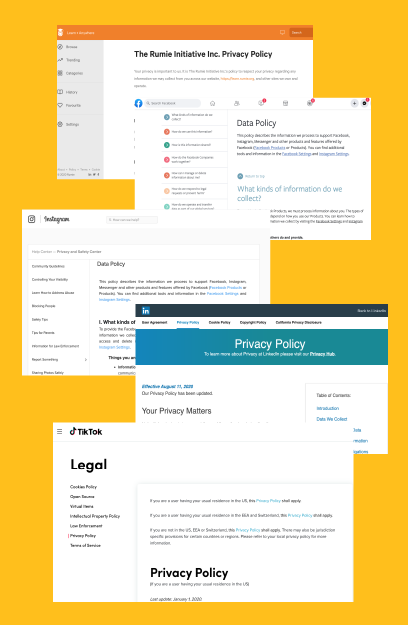
Quiz
How does your personal information get collected online?
What Should I Look For When I Read (or Scan) It?
At a minimum:
What personal information they collect.
How they collect that information.
How they store it.
How they intend to use that information.
What privacy settings exist for you to manage the collection and use of your data.
What options are available for you to opt out.
If you want to go a bit deeper:
Why they’re collecting that specific information.
Who will have access to it.
How long your information will be kept.
How they protect it to keep it safe.
How they use cookies to identify and track your behavior.
Date the Privacy Policy was updated.
How to contact the company if you have questions about their privacy practices.
TIP: A quick way to scan a Privacy Policy is to perform a keyword search on the document
Keywords/phrases to search:
Collect.
Store (or storage).
Third parties.
Retain.
Delete.
Opt out (or “opt-out”, “opting out”).
This video shows you how to read a Privacy Policy and scan it using a keyword search.
Take Action
Your personal data is never 100% safe, but skipping the details of the Privacy Policy and not taking responsibility to learn what’s being collected, how it’s being used, or what controls are available to you to manage it, could put your data, and ultimately you, at increased risk.
Start today:
If you haven’t already read Rumie’s Privacy Policy, we encourage you to give it a read right now.
If you have, read the Privacy Policy for the next website or app you use after this.
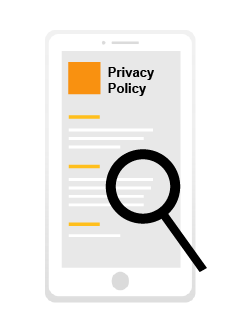
Your feedback matters to us.
This Byte helped me better understand the topic.
